From the 4th to the 8th of October 2012, members from the Asian Turtle Program (ATP) and Cuc Phuong National Parks Turtle Conservation Centre (TCC) visited three provinces of central Vietnam for Forest Protection Department (FPD) ranger training. A total of 77 rangers and wildlife protection authorities from the Khanh Hoa, Phu Yen and Thua Thien Hue provinces attended the day-long training courses where ATP and TCC staff presented lectures on the ongoing Asian turtle crisis, basic turtle ecology, and identification of Vietnam’s 25 tortoise and freshwater turtle species, with an emphasis on local, priority species. Additionally, findings of recent interview and field surveys conducted in each province by the ATP were presented to highlight the importance of these three provinces for tortoise and freshwater turtle conservation.
The training course was lead by Tim McCormack, Nguyen Thu Thuy and Pham Thi Thu Hien of the ATP and Hoang Van Thai of the TCC. The overarching focus of this training course was to raise awareness to local priorities for conservation and recap national and international laws concerning the turtles of Central Vietnam. With the region boasting almost half of Vietnam’s native turtle species and three endemics found nowhere else in the world: the Vietnamese pond turtle (Mauremys annamensis), Bourret’s box turtle (Cuora bourreti) and the Lesser Indochinese box turtle (Cuora picturata), it’s a region of global significance for conservation.
Each province was selected due to its importance for protection of endemic turtles but each also contain significant populations of additional endangered turtles. Phu Yen province is inhabited by all three of Vietnam’s endemic turtle species, plus the Siamese crocodiles (Crocodylus siamensis). This may actually be the last natural population of Siamese crocodiles in Vietnam outside Cat Tien National Park where a population was reintroduced.
Khanh Hoa province has the southernmost record of the endangered Four-eyed Turtle (Sacalia quadriocellata) stirring interest in genetics, as it could be an endemic subspecies. It also still contains suitable Cuora picturata habitat with reports for good populations surviving. This unprotected habitat was highlighted by the ATP as a priority area in need of vigilance and protection.
Thua Thien Hue province is considered one of the best-forested provinces in the country with over 50% of its area still forested (compared to the national average of ~30%). It includes three protected areas (Bach Ma National Park, Phong Dien Nature Reserve, and Sao La Reserve) that provide important habitat for the critically endangered Cuora bourreti. Each of these protected areas also had high tortoise and freshwater turtle species diversity with additional endangered species occurring.
Each training session ended with a discussion following hypothetical situation regarding turtle trade and conservation. After discussing the subject, Hoang Van Thai offered constructive remarks referring to current policies and wildlife laws. After this course, the rangers will have a better understanding of how to identify these priority turtle species, their basic needs, and what they can do should they encounter these species in the trade.
Enthusiasm from the province was impressive; all were excited to hear of the importance they played in conservation of some of Vietnam’s most endangered and unique species. Following the training the ATP hopes to initiate additional focused conservation activities in each province for priority species and sites in cooperation with local wildlife protection authorities. Greater involvement of these provinces in turtle conservation will be critical for successful conservation of Vietnam’s endemic turtle species in the future.
Press release by Grover Brown – Asian Turtle Program (ATP)
Date: 10th October 2012
Thank you:

 We would like to thank the Forest Protection Departments of Khanh Hoa, Phu Yen and Thua Thien Hue provinces for participating in the training and their hard work in conserving Vietnam’s wildlife. We would also like to thank the Critical Ecosystems Partnership Fund (CEPF) and Birdlife International for supporting the training.
We would like to thank the Forest Protection Departments of Khanh Hoa, Phu Yen and Thua Thien Hue provinces for participating in the training and their hard work in conserving Vietnam’s wildlife. We would also like to thank the Critical Ecosystems Partnership Fund (CEPF) and Birdlife International for supporting the training.
Image library:



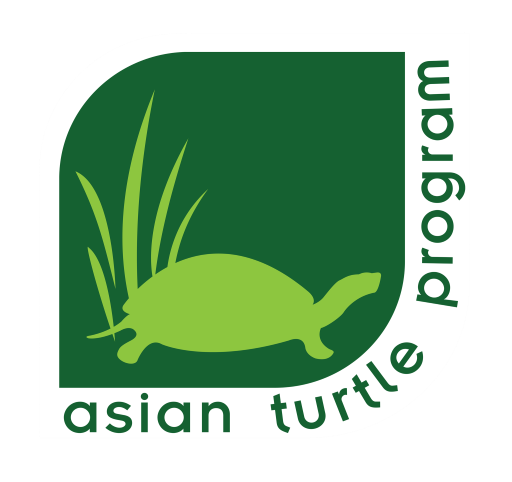
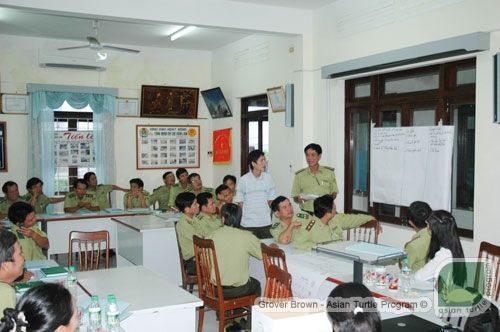


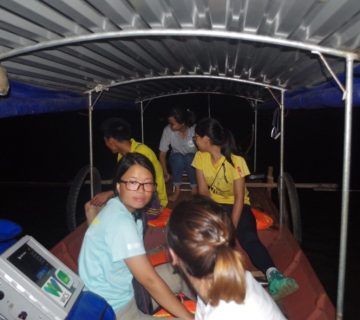

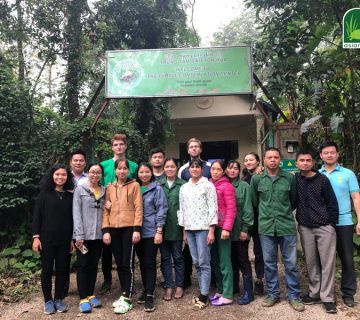
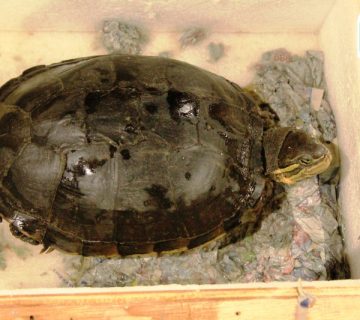
No comment